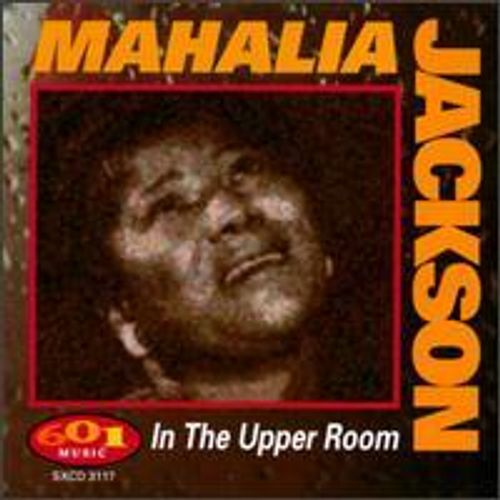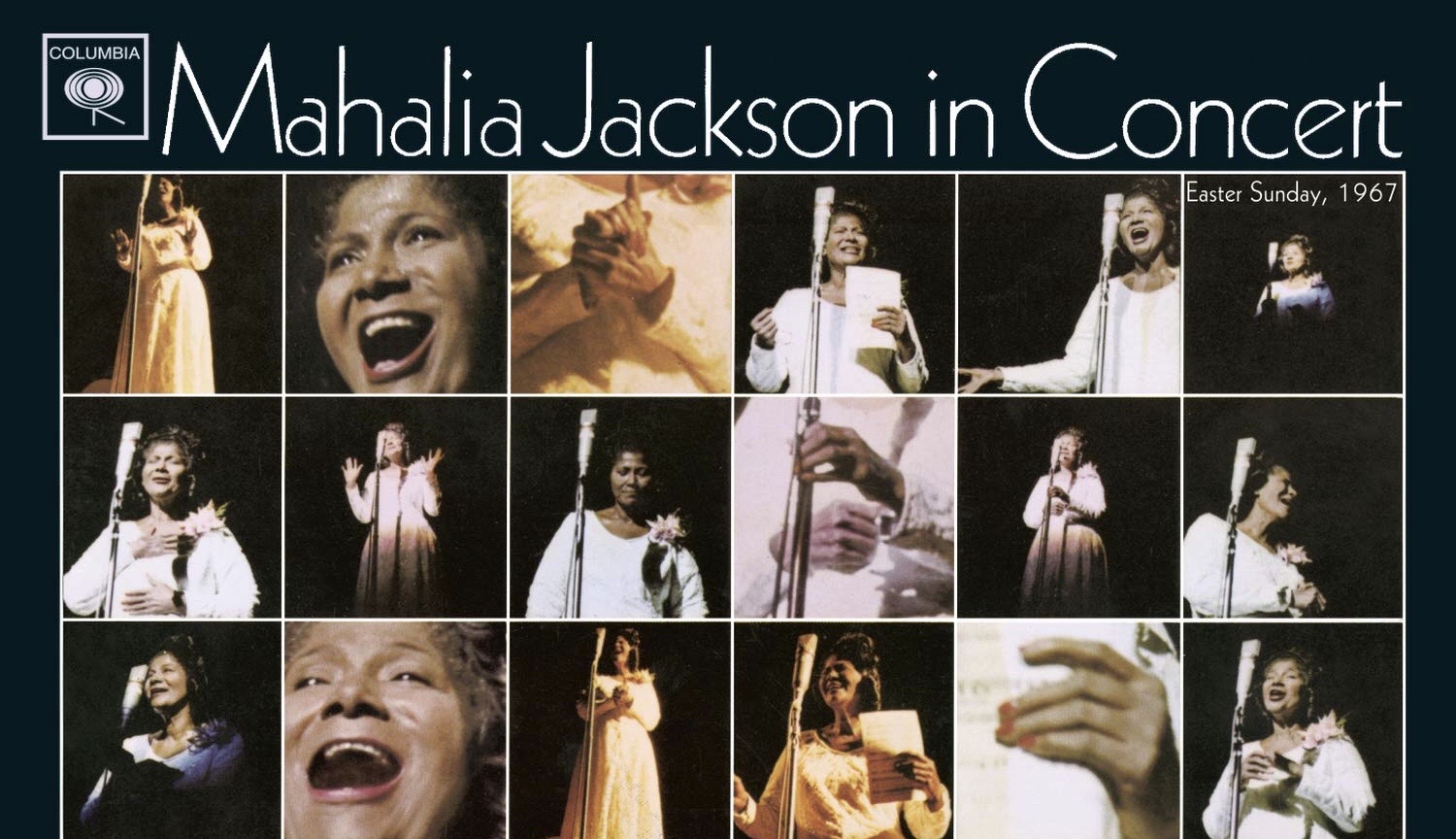


King, JimmyLunceford, Bobby "Blue" Bland, Furry Lewis, Booker T. "A meeting place for urban and rural styles," emphasized folklorist George McDaniel, "Beale served as a school where young talent was nurtured and it produced musicians who shaped the course of American music." (1) W. The street was the center of African American commerce and culture for blacks from the city, eastern Arkansas, West Tennessee, andnorthern Mississippi, a virtual northern gateway to the rich culture of the Mississippi Delta. But key institutions in Tennessee's classical music history are based in Memphis as well, and several nationally recognized artists in jazz, gospel, and rhythm-n-blues have strong associations with the Memphis music scene.īlues, rock-n-roll, soul, and jazz music may still be heard nightly at the different clubs and music venues on Beale Street. Today Memphis's best-known landmarks are two places-Beale Street and Graceland-intimately associated with the city's place in American music history, especially that of the blues, rockabilly, and rock-n-roll.

The musical legacy of the Bluff City is exciting, diverse, and extremely significant in the history of American culture.


 0 kommentar(er)
0 kommentar(er)
